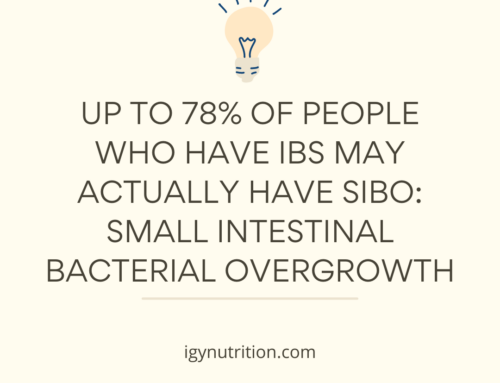Have you ever listened to a song that made you feel like you could conquer the world? What about a song that miraculously evokes old memories, bringing tears to your eyes? As we all know – music is pretty emotionally powerful.
Understanding the science behind music and the brain can help you use it to your advantage. Let’s dive in!
“Beat” the Blues
A recent survey by the interest group AARP revealed some exciting results regarding music’s impact on mood and cognition.
The study found that those who listened to music had higher mental well-being scores and lower levels of depression and anxiety compared to non-music listeners.
Those who actively engaged with music (such as playing an instrument, dancing, or attending a concert) had even higher rates of happiness and better cognitive function than those who passively listened to tunes.
You might be thinking… well, maybe happy people tend to listen to music, and perhaps music isn’t the reason why happy people feel joyous in the first place. But hold your horses – let’s take a look at some science.
There’s Science to the Sound
You may have heard the phrase “the mind is like a muscle” – this is because the more you employ specific modes of thinking, the greater your ability to engage with those thoughts becomes. For example, the more you practice violin, the better you will play it over time.
Studies using neuroimaging technology evidence that music activates areas of the brain that work with:
- Information processing
- Memory
- Learning
- Mood
- Motivation
- Planning and executing movements
Music’s effects on mood and motivation may explain the findings of AARP’s study discussed above.
Thinking back to the “mind is like a muscle” saying, these studies imply that listening to music may strengthen these portions of the brain.
Another study looked at which type of music was best. By comparing brain activity between subjects, the study found that the greatest brain area connectivity was achieved by listening to their favorite songs rather than songs they didn’t like.
So, next time you listen to a song you love, use this as your excuse to crank the volume!
Music for Your Mood… and More!
Feeling happy and improving your cognition seem like strong enough reasons to blast your favorite music as often as possible. But the positive benefits don’t end there!
In our other blogs, we discussed the gut-brain axis. Check back on those blogs if that term is unfamiliar. Essentially – mental health is a protective factor for the gut microbiome.
So, if your favorite music puts you in a positive mood, it may also be working to support your gut health.
Even better is if music relieves your stress. In our blog on stress and the gut, we dove into the myriad of ways stress can damage your gut health. Whatever you do to alleviate stress – go for it. And here, we’re reminding you that music counts as a strategy too.
Scientists have hopped on that train of thought, employing music therapy to treat health issues like depression and anxiety, strokes, Parkinson’s disease, cerebral palsy, and memory disorders like Alzheimer’s disease. Pretty cool, huh?
Summing up the Lyrics
Music’s ability to positively engage certain parts of the brain – particularly those involved in mood and motivation – does more than just make you feel good. By relieving stress and improving cognition, turning the volume up to your favorite tunes has downstream beneficial health effects on your entire body.
Tag us in your digestive wellness journey (and include your favorite song!) @igynutrition on Instagram. Happy mixing!




